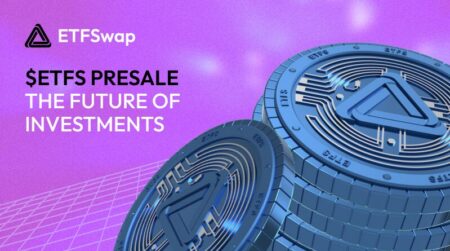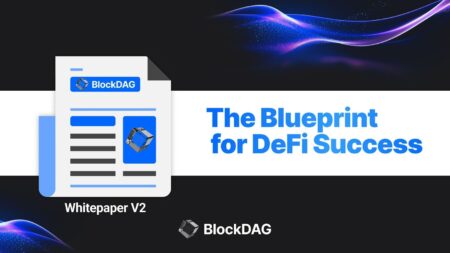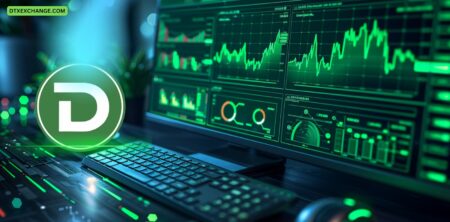The 2024 crypto landscape is vibrant with promising initial coin offerings (ICOs), with each new coin promising to redefine blockchain…
Noteworthy News
NFT Evening has covered some of the most important tech events in history. From NFT news, to metaverse, blockchain gaming, AI, and digital fashion, you can find the all of the most important news stories here.
Want something more in-depth? Check out our guide on What an NFT is!
Need some context? Brush up on your jargon with our guide on NFT Terminology.
As the cryptocurrency sector demands enhancements in speed and security, various platforms like Algotech and Polygon (MATIC) are advancing with…
Crypto presale events are opportunities in the industry for projects to showcase the strength of their ecosystem and give savvy…
Amid fluctuating market conditions, the Solana price mirrors the broader instability influenced by Bitcoin’s trajectory. Concurrently, Dogecoin values have seen…
In the ever-dynamic world of cryptocurrencies, the spotlight now shines brightly on AI altcoins like Near Protocol (NEAR) and Render…
Highlighting a concerning trend during Mr. President’s speech honoring the 22nd Anniversary of the National Movement for AML and Terrorism…
The DTX Token by DTX Exchange is drawing huge attention. Its over-the-night development is overshadowing notable altcoins like Cardano (ADA)…
Following the recent Bitcoin halving, the cryptocurrency landscape has seen significant shifts. Solana and XRP have faced challenges in their…
While Solana confronts declining performance due to transactional difficulties and waning confidence, the Shiba Inu community responds with a considerable…
Amid a shifting landscape in the cryptocurrency market, an analyst has given DTX a strong buy rating, suggesting it could…
The recent surge in Bitcoin, surpassing $65,000, has reignited interest in crypto presales, notably with DTX and WienerAI gaining traction.…
Imagine building wealth in your spare time, much like the Bitcoin enthusiast who founded Coinbase and rose to the top…












